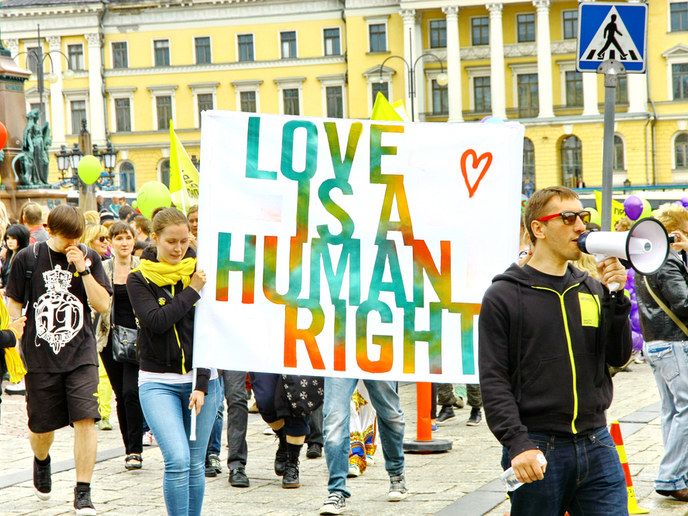From conflict prevention to sustainable peace
Born in 1999, the Common Security and Defence Policy made the EU an international actor of conflict resolution in its own right. But it essentially focused on the development of military capabilities. In fact, up until recently, there has been very little attention paid to the EU’s civilian capabilities for peacebuilding; and only limited attempts at clarifying the EU’s role across the different phases of conflict and policy areas. The EU-CIVCAP (Preventing and responding to conflict: developing EU CIVilian CAPabilities for a sustainable peace) consortium aimed to fill these gaps. They took a strategic and holistic approach to the development of peacebuilding capability – the ability to combine key conflict prevention and peacebuilding resources to achieve the EU’s external goals – and developed a dedicated assessment framework. Assessing EU peacebuilding efforts “We adopted a comprehensive ‘conflict cycle’ approach by assessing EU peacebuilding activities through the entire conflict lifecycle. This approach allowed us to incorporate a wide range of EU policies while addressing four cross-cutting challenges: filling the early warning-response gap; combining short-term versus long-term approaches to peacebuilding; enhancing civil-military coordination in conflict prevention and peacebuilding; and ensuring local ownership,” says project coordinator Professor Ana E. Juncos. Amongst the most positive developments in EU peacebuilding over the past two decades, Dr Juncos and her team point at the significant civilian capabilities, tools and instruments at the EU’s disposal. They underline that Member States have also developed a range of dual-use technologies (for civilian and military missions), with some of them – such as satellite systems and remotely piloted air systems (RPAS) – being used to meet the EU’s objectives in conflict prevention and peacebuilding. Challenges to overcome But several problems remain, as Prof. Juncos points out: “Systems to recruit and deploy civilian personnel vary widely across Member States and many of them have shortcomings. More efforts also need to go into the standardisation and improvement of civilian personnel training. Besides, we found that those formulating and implementing EU policies do not always take advantage of ICT and Big Data. And even when they do, cooperation and coordination between Member States remains limited.” Among the project’s main points of concern are the lack of implementation of a fully integrated approach to conflicts and crises, the fact that conflict prevention is not always prioritised or integrated into decision-making, as well as problems related to gender equality. “Finally, despite a commitment to promoting local ownership, EU-CIVCAP found that EU capacity building activities have often taken place without local involvement. This also undermines the sustainability and legitimacy of those initiatives,” Prof. Juncos explains. Detailed recommendations Drawing on the critical assessment of the EU’s peacebuilding efforts outlined above, EU-CIVCAP has identified and documented empirically-grounded lessons, best practices and policy recommendations to better address key challenges in EU conflict prevention and peacebuilding. The project also compared the EU’s track record with that of other international actors such as the UN, OSCE, NATO and individual EU Member States. It found that civilian crisis management within the EU’s framework remains relatively modest compared to, for instance, civilian UN peacekeeping or the UN’s political and peacebuilding missions. Whilst significant advances have been made over the past two decades, Prof. Juncos points at the lack of prioritisation of conflict prevention, lack of locally-owned programmes, institutional complexity and fragmentation at the EU level as the main obstacles towards an effective and integrated approach. “Ultimately, the question remains of whether the EU can find the political will – in Brussels and among its Member States – to make the reforms suggested by this research and to become a more prominent global power in this field,” Prof. Juncos concludes.







